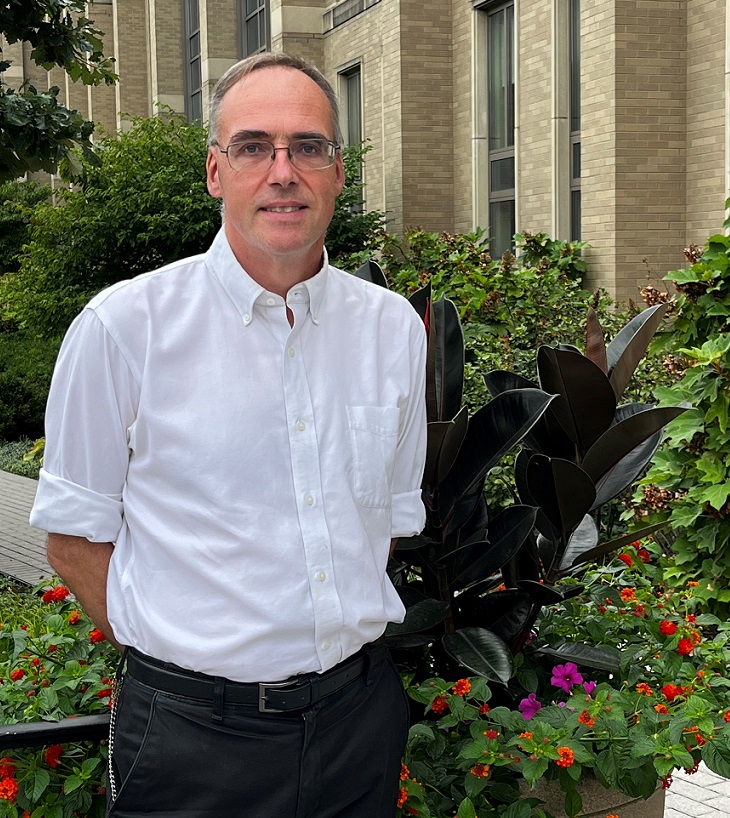Eureka!—Experiences that lead to learning
August 15, 2024
There are many suitable topics for your new Dean’s first blog post. But I decided to start with a confession: I have always felt that the term teaching offers a poor description of what I am trying to achieve with my students. I teach and my students learn, but how exactly does my teaching relate to their learning? What does it mean to teach well, and what does it mean to teach poorly? What do I need to change when my students don’t learn? I have struggled with these questions for years—I have attended seminars, read books, and had many conversations about how to teach well, but I always found the term teaching puzzling.
Last month, I discovered a great definition of teaching in a letter to the editor of the Chronicle of Higher Education, written by Auburn University’s Lindsay Doukopoulos. In addressing the challenges posed by Artificial Intelligence, she wrote: “Our job was never to make students write essays and take exams, it is to design experiences that lead to learning.”
Those six words caused a “eureka” moment—I actually jumped up from my couch. Designing experiences that lead to learning acknowledges that I cannot make my students learn but that I can guide them toward learning. It emphasizes that we learn best through experiences, and that good teaching requires creating the right experiences for my students. Designing experiences that lead to learning does not favor any specific instructional style—it can accommodate lectures, discussions, individual as well as group projects, flipped classrooms as well as traditional approaches, and so much more. But as our students differ in their responses to experiences, we must adjust the experiences that we create so that we can serve our students well.
I had never encountered this definition during my over 30 years in college classrooms, although it is most likely part of the standard toolkit of instructional designers and of the programs in our School of Education. Still, I decided not to beat myself up that it took me 30 years to learn it, but rather to embrace the fact that I have finally found an explanation of what I am trying to achieve with my students—an explanation that resonates with me.
Now I only need to find an equally satisfying definition of research. And of faculty service.
Thus, at the beginning of this Fall semester, I shout out to all our instructors in the College of Arts & Sciences and at Xavier University: Go forth and create the best experiences possible to help our students learn everything that they have come here to learn! All challenges notwithstanding, we can do it!
Dr. Florenz Plassmann
Dean
